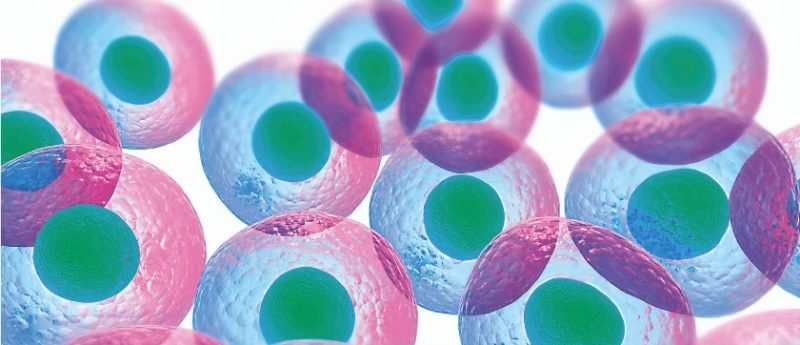Adjuvant hormonal therapy in young breast cancer patients

Breast cancer arising at a young age is a complex condition, requiring multidisciplinary and personalized approaches to manage the specific issues related not only to optimal adjuvant treatments, but also to other important quality-of-life issues, such as bone health, premature menopause, fertility preservation and long-term cognitive function [1]. Approximately 5% of women with breast cancer are diagnosed before the age of 40 years, but the incidence appears to be on the rise [101].
In the adjuvant setting, 5 years of tamoxifen treatment is considered the current standard of care in managing young women with an endocrine-sensitive disease. Based on the meta-analysis of the Early Breast Cancer Trialists’ Collaborative Group (EBCTCG), 5 years of tamoxifen significantly reduced breast cancer mortality throughout the first 15 years, with a greater effect when tamoxifen was given for 5 years compared with 2 years [2]. Nevertheless, in the past decade several questions were raised and remain unanswered in the field of adjuvant endocrine treatment of youadjng breast cancer patients, including the optimal duration of adjuvant endocrine therapy, the addition of luteinizing hormone-releasing hormone analogs (LHRHa) to standard tamoxifen and its duration, and the use of aromatase inhibitors.
Click here to view full article.